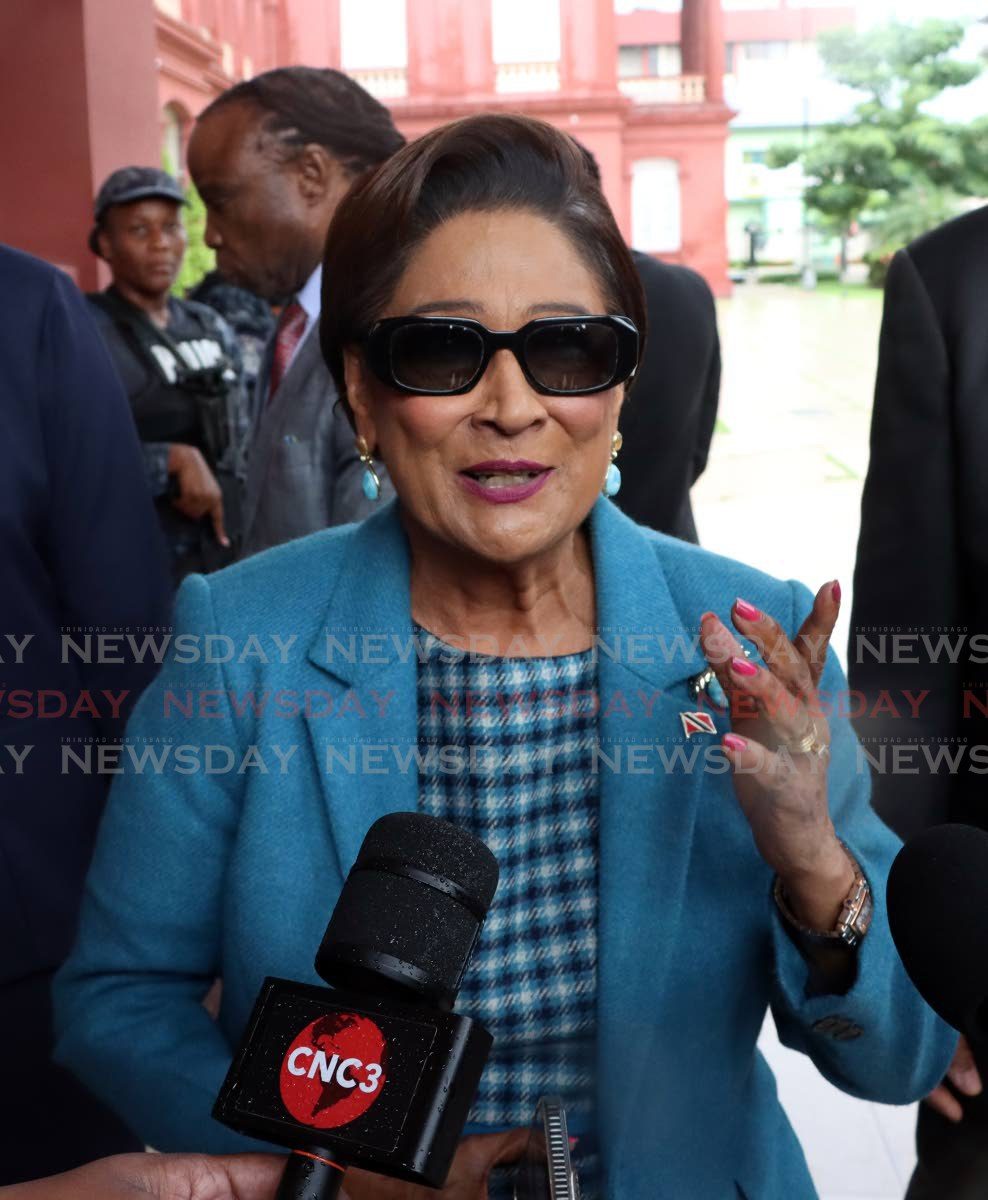The ongoing Venezuelan crisis continues to cast a shadow over the Caribbean, with Trinidad and Tobago’s migrant policies drawing significant criticism. Under Prime Minister Kamla Persad-Bissessar’s administration, the nation has adopted a ‘TT First’ doctrine, which has led to the dismantling of previous initiatives aimed at assisting Venezuelan migrants. This approach has resulted in the removal of supervision orders for refugees and asylum seekers, with government officials openly discussing ‘mass deportations’ and equating migrants with violent criminals. The administration’s stance was previewed at the UN General Assembly, where Persad-Bissessar argued that illegal immigration poses a threat to small nations like Trinidad and Tobago, leading to long-term disorder, poverty, and cultural antagonism. However, critics argue that the government’s narrative is xenophobic and lacks evidence, as police statistics show that Venezuelans arrested for criminal offenses are minimal compared to the number of legal refugees and asylum seekers. The policy risks damaging the economy, as Venezuelan migrants have been willing to take on jobs that locals often avoid, and threatens social cohesiveness by severing cultural ties with Venezuela. As the world watches, the administration’s actions raise questions about the nation’s commitment to its own history of migration and the pursuit of dreams.
